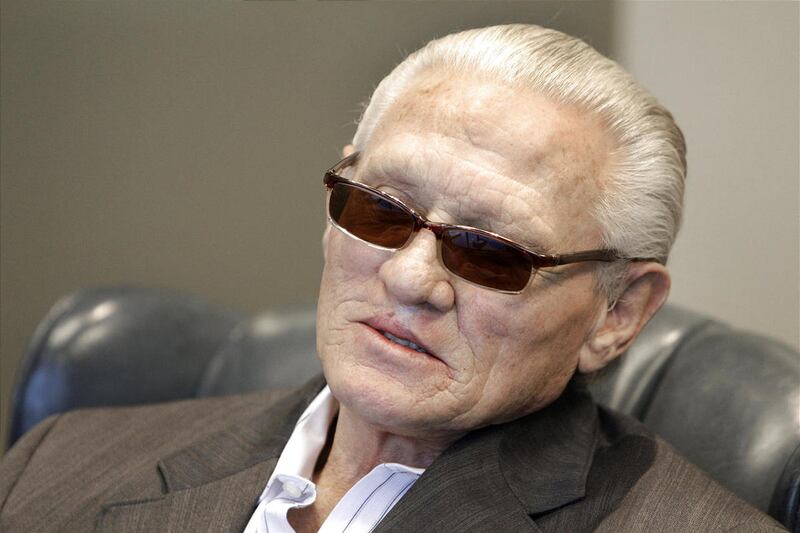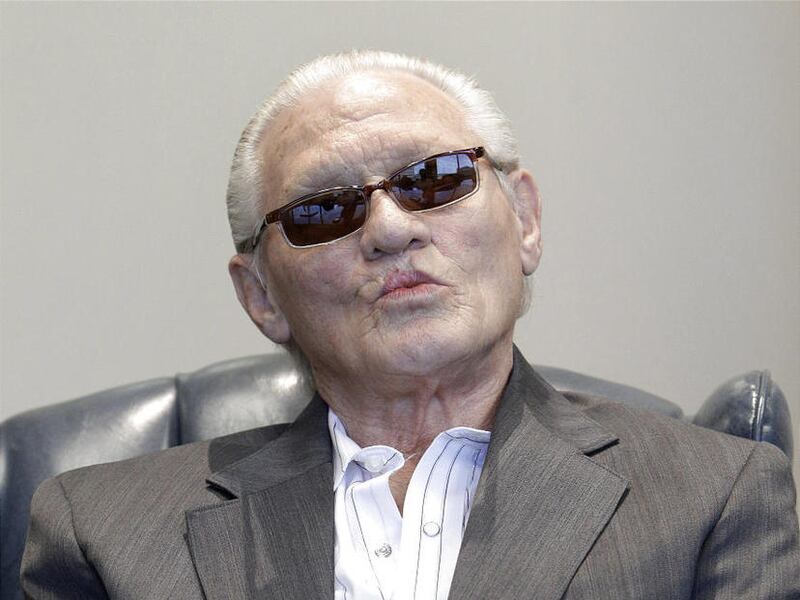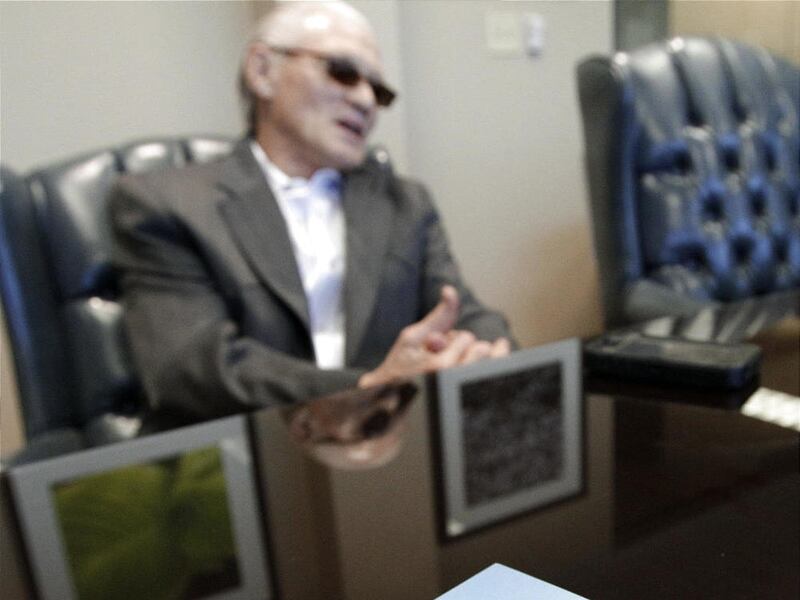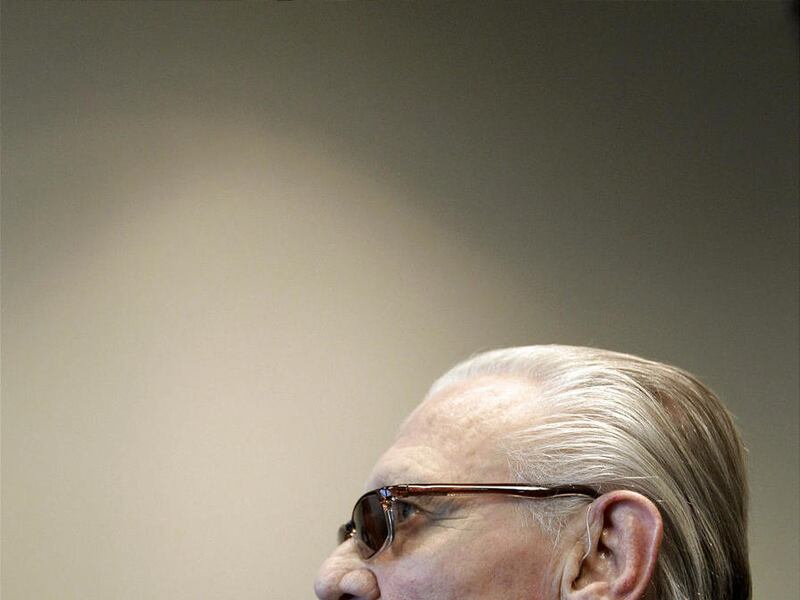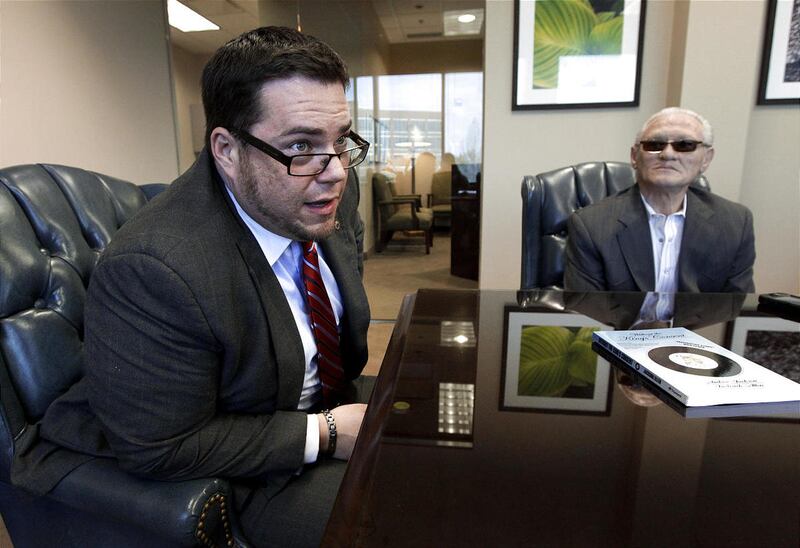McKINNEY, Texas — Billy Frederick Allen spent more than 25 years in prison before an appeals court overturned his convictions in two murders. Three years after winning his freedom, Allen is fighting the state again — this time for the $2 million he says he's owed for wrongful imprisonment.
Although the appeals court declared the evidence against Allen too weak for any reasonable juror to convict him, Texas officials say he has not proven his innocence. Therefore, they say, he isn't covered by a state law that generously compensates the wrongfully convicted for the years they spent behind bars.
Advocates say Allen's case raises new questions about what evidence is needed to qualify for compensation in Texas, where more inmates have been freed because of wrongful convictions than any other state.
DNA evidence has led to most of Texas' exonerations. But with DNA testing essentially standard in most cases and the number of DNA-based exonerations expected to dwindle, more former inmates like Allen — whose case has no DNA evidence — are likely to account for more compensation cases.
Texas' compensation law is the most generous in the U.S., according to the national Innocence Project. Freed inmates who are declared innocent by a judge, prosecutors or a governor's pardon can collect $80,000 for every year of imprisonment, along with an annuity.
Allen, who was imprisoned for 26 years, would stand to collect almost $2.1 million.
The Texas Court of Criminal Appeals, the state's highest state court to review criminal cases, reversed Allen's murder convictions three years ago in two 1983 murders in the Dallas enclave of University Park. The court ruled that Allen's trial attorney made mistakes, including failing to contradict a police officer's claim that one victim, moments before he died, indicated Allen was his attacker.
The court ordered a new trial. Prosecutors decided to dismiss the charges, but said they still considered Allen a suspect and have kept the case open.
Texas Comptroller Susan Combs' office denied Allen's application for compensation because "ineffective assistance of counsel was the basis for the relief he received from the court; it was not on the basis of actual innocence," her spokesman said in a statement.
Allen was convicted in the fatal shootings of James Perry Sewell and Sewell's girlfriend, Raven Dannelle Lashbrook. Allen said he'd frequently visited Sewell because he wanted to sell Sewell scraps of gold as part of a legitimate business, and that he'd leaned against Sewell's car a few days before the couple's deaths, according to court filings.
The court documents said Sewell was found "gagged, handcuffed and covered with blood" near an apartment building, and that Allen's handprint was discovered on top of the car, where Lashbrook was found dead.
The police officer testified that when he asked Sewell who attacked him, he answered: "Billy Allen."
But a defense investigator after the trial found two paramedics who heard Sewell saying three names as he was dying, the Court of Criminal Appeals said. One said he heard Sewell say "Billy Wayne Allen," the name of another possible suspect. The other paramedic remembered hearing a middle name, but couldn't recall it.
That new evidence left the officer's testimony ineffective, and the remaining major piece of evidence — the palm print on the car — would not have been enough to convict him, the Court of Criminal Appeals determined.

